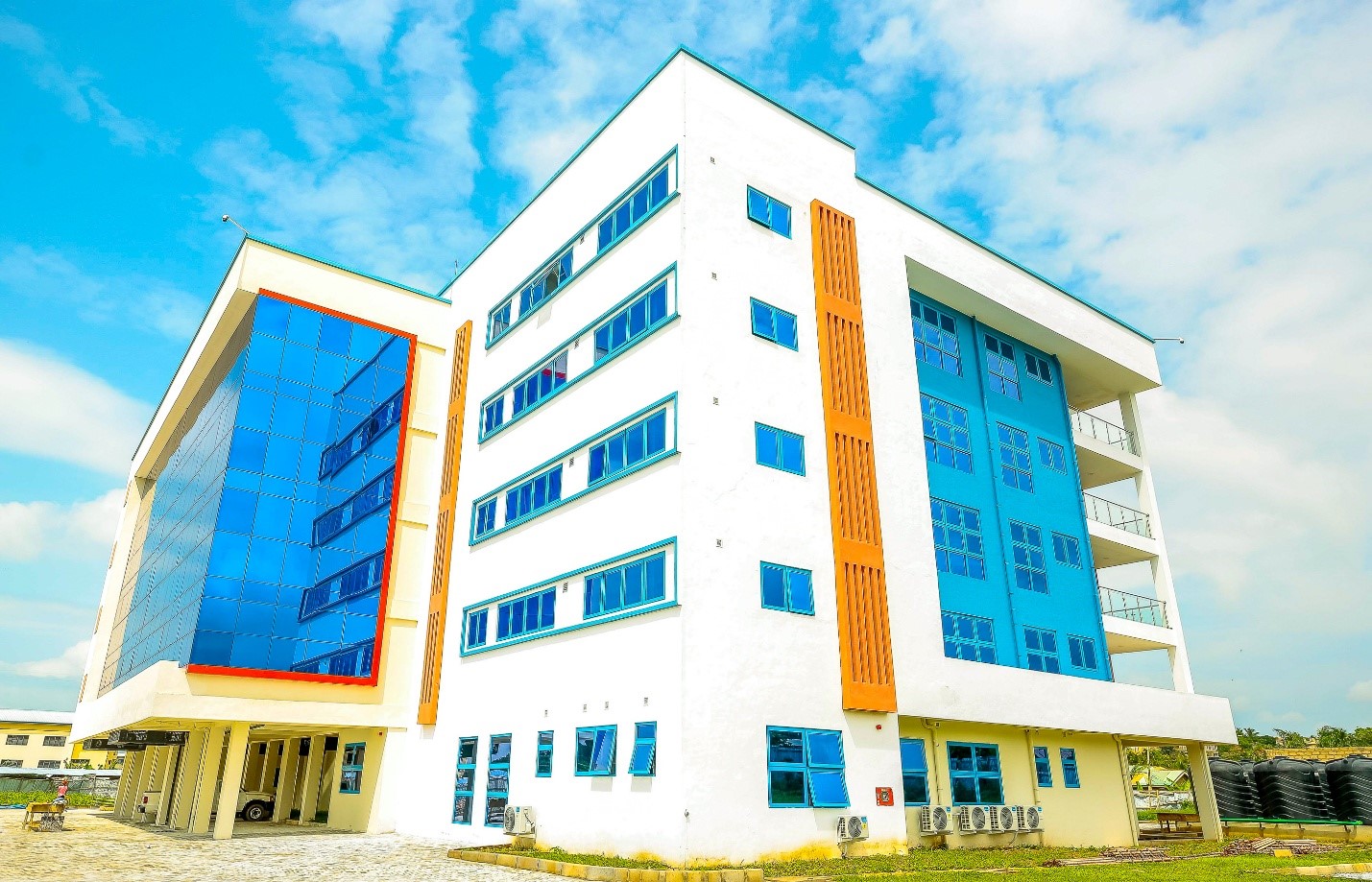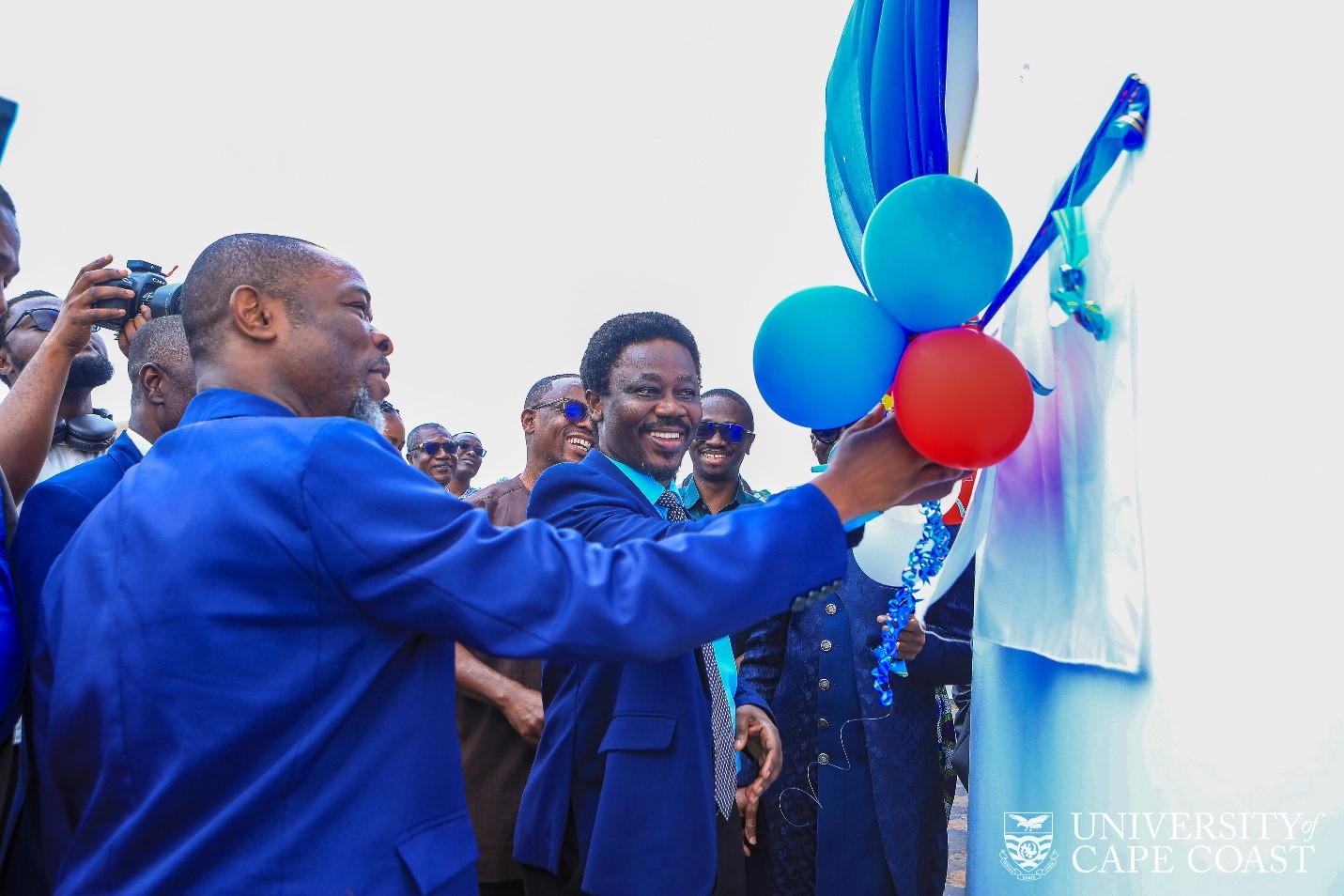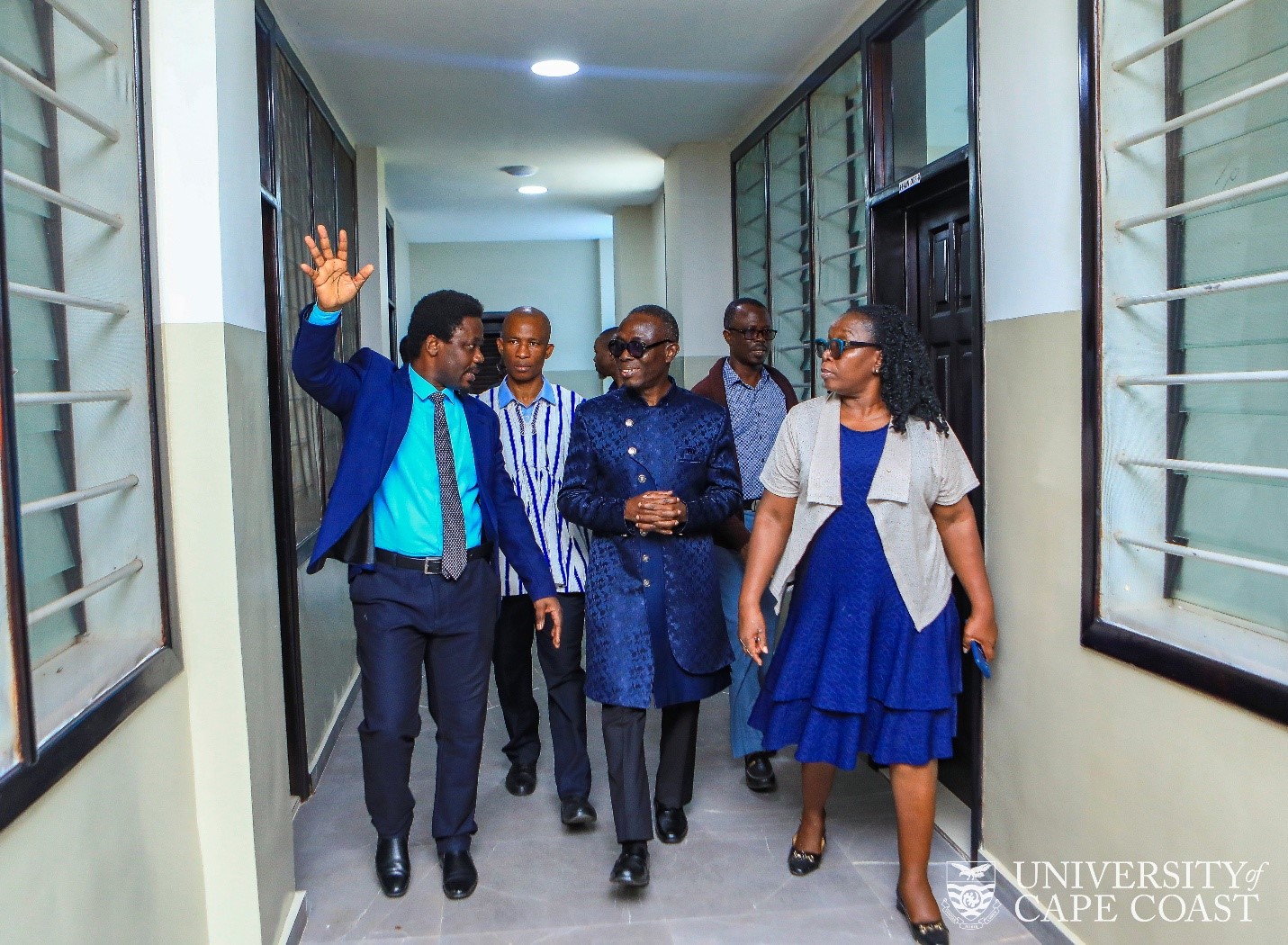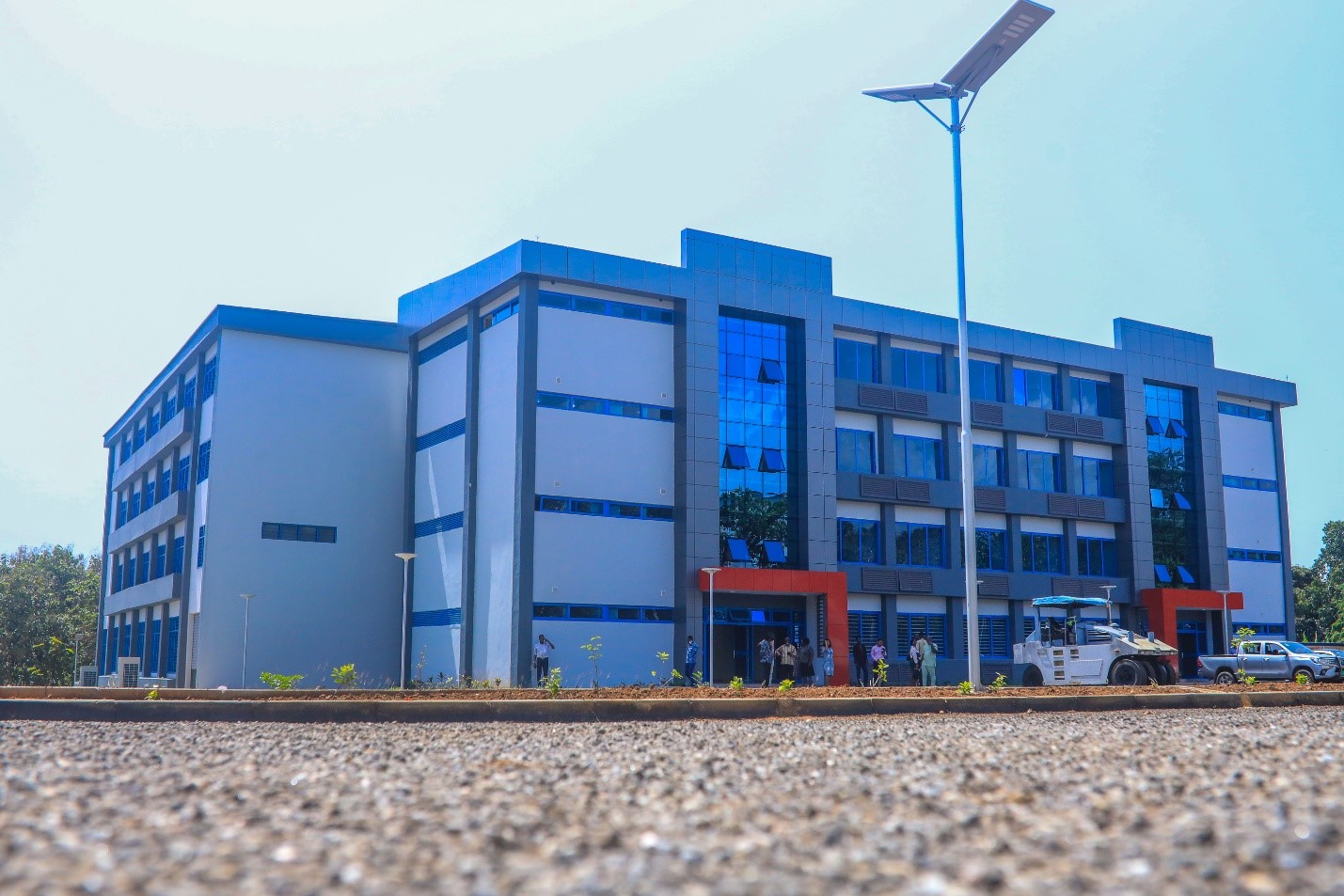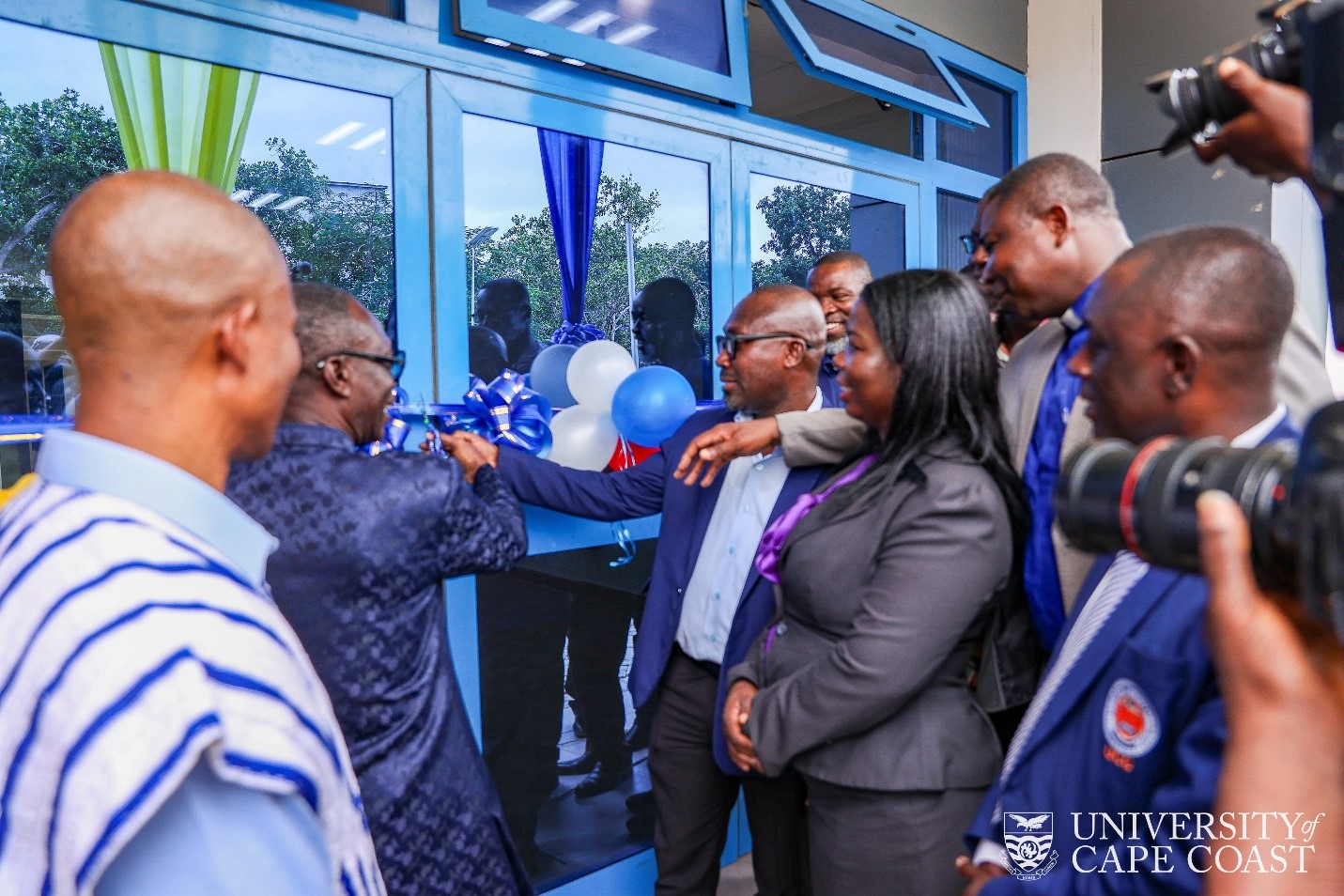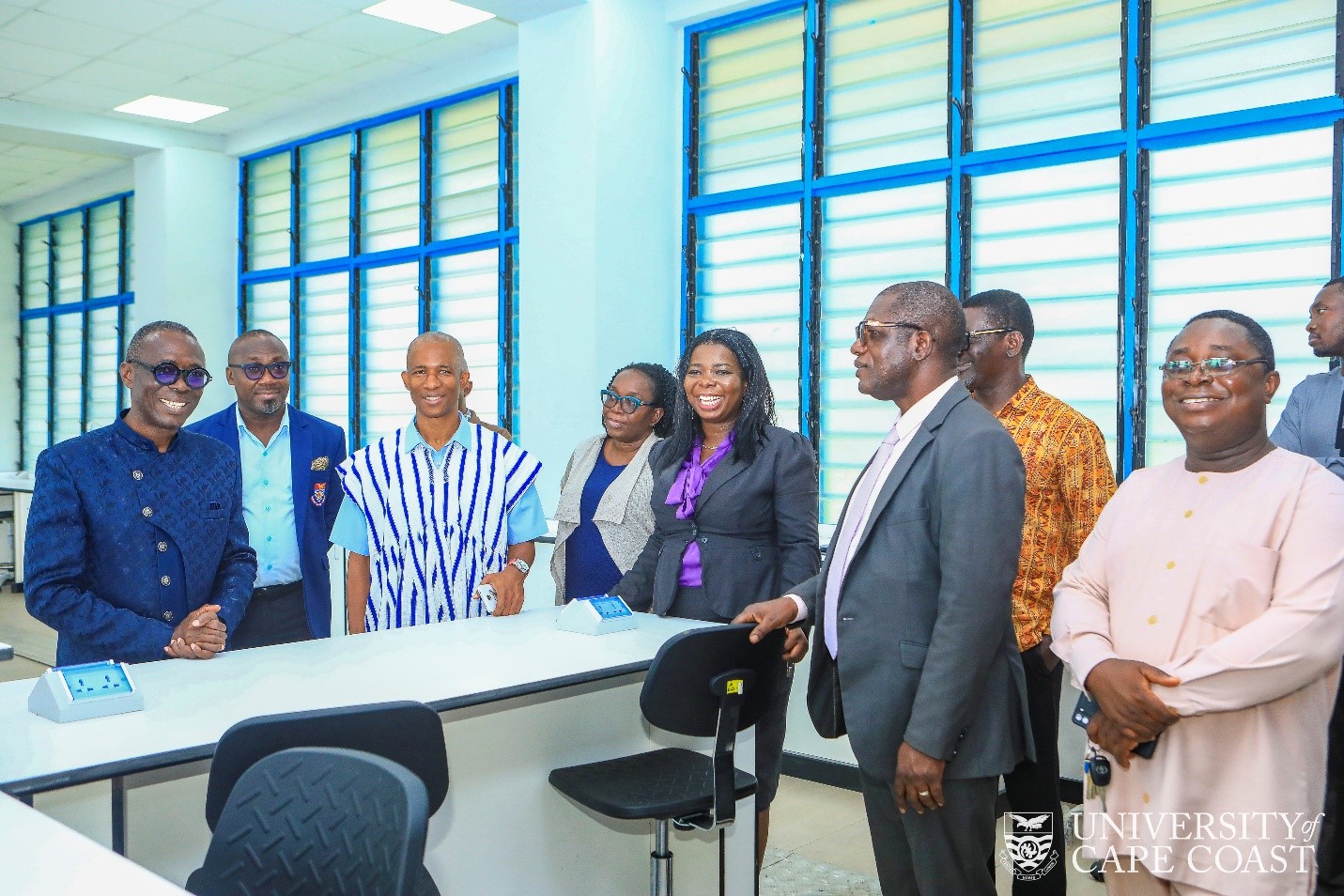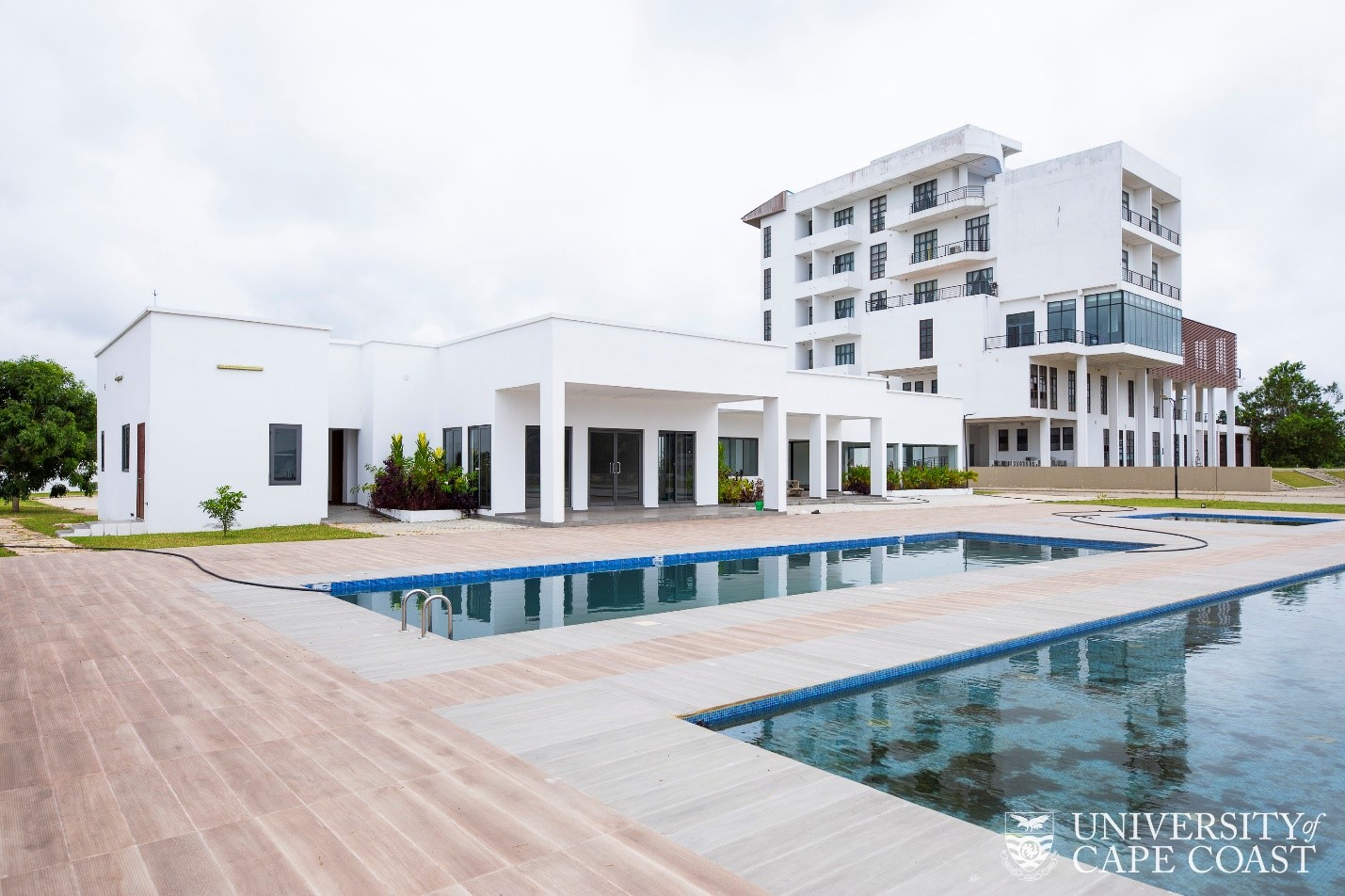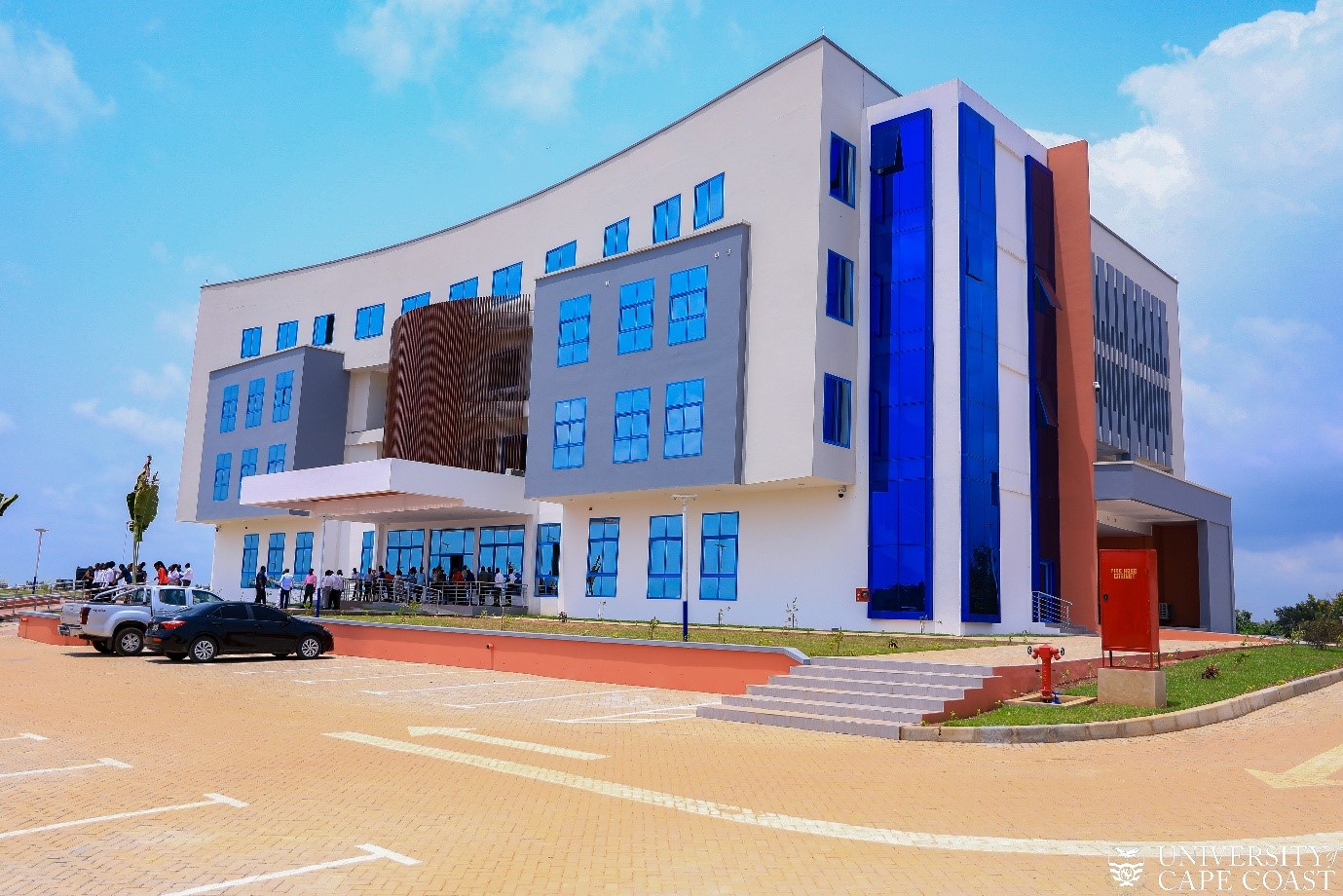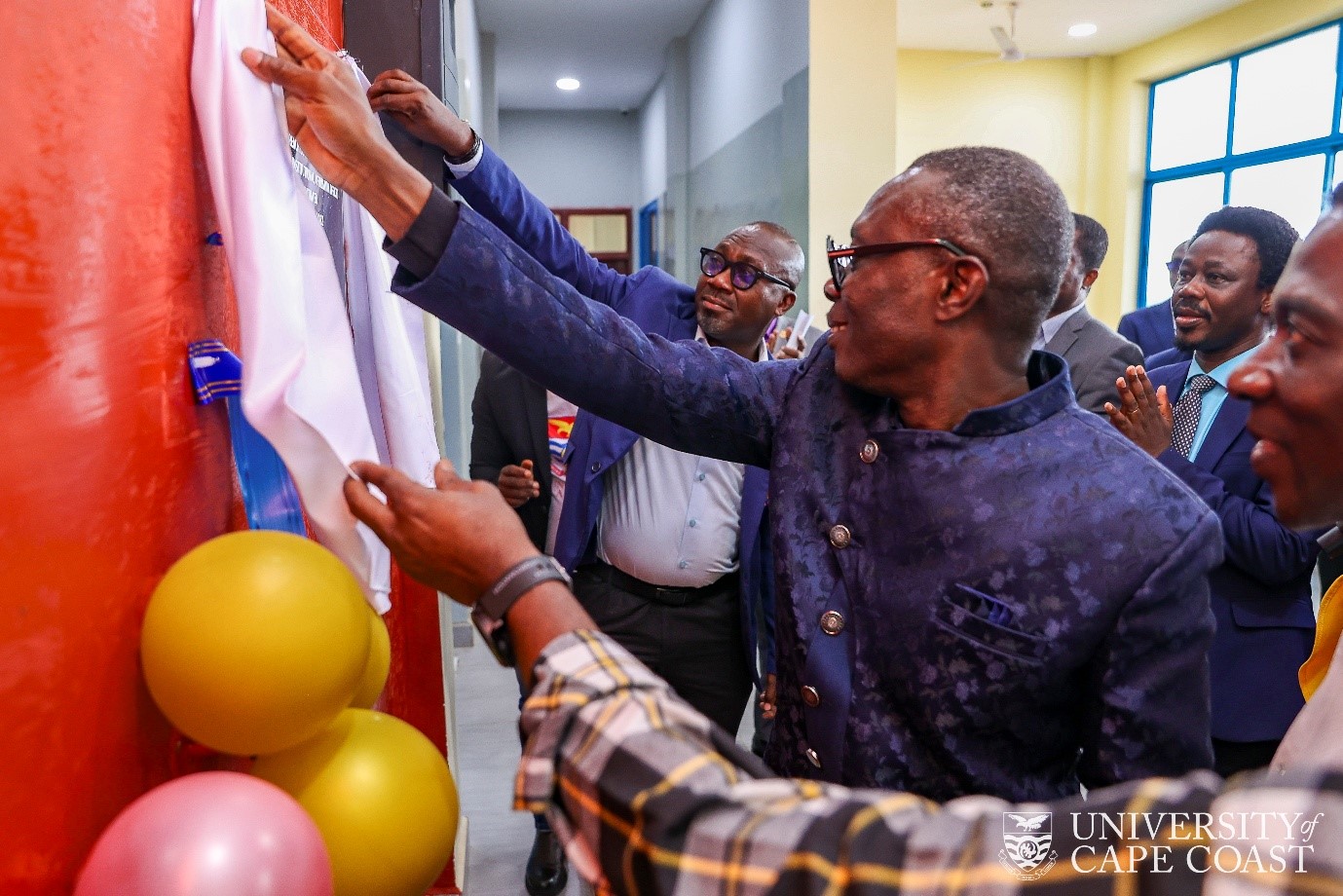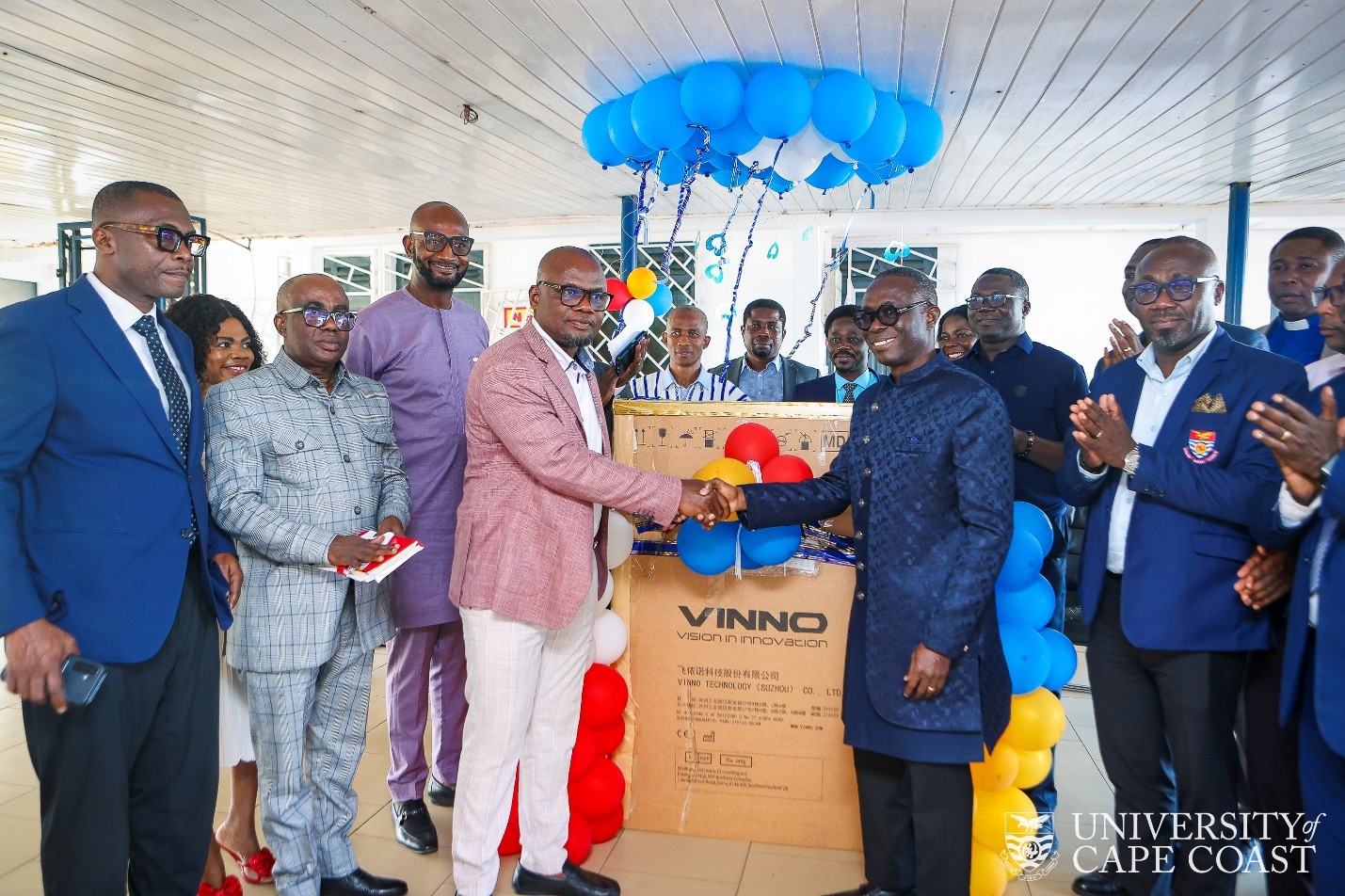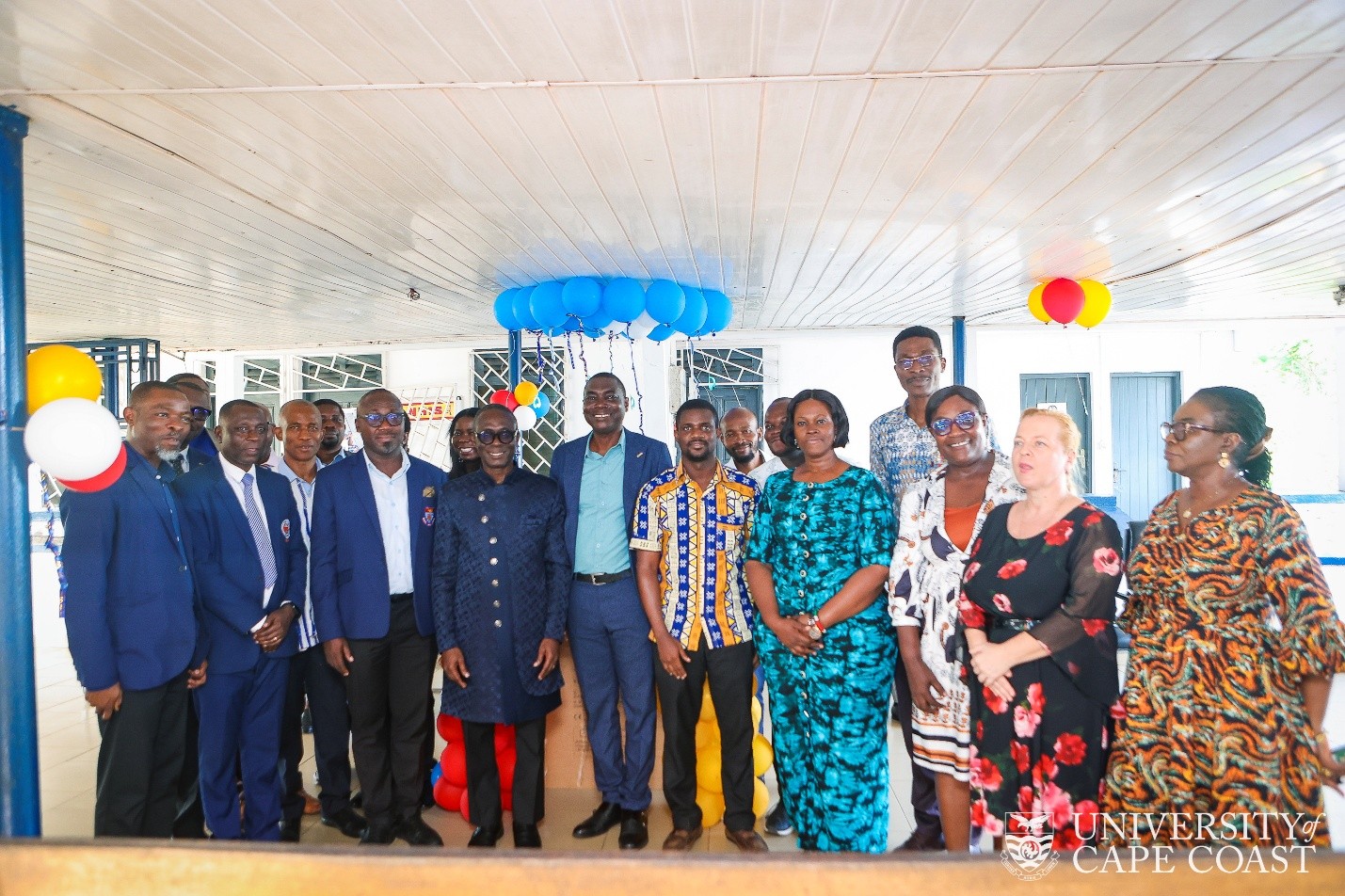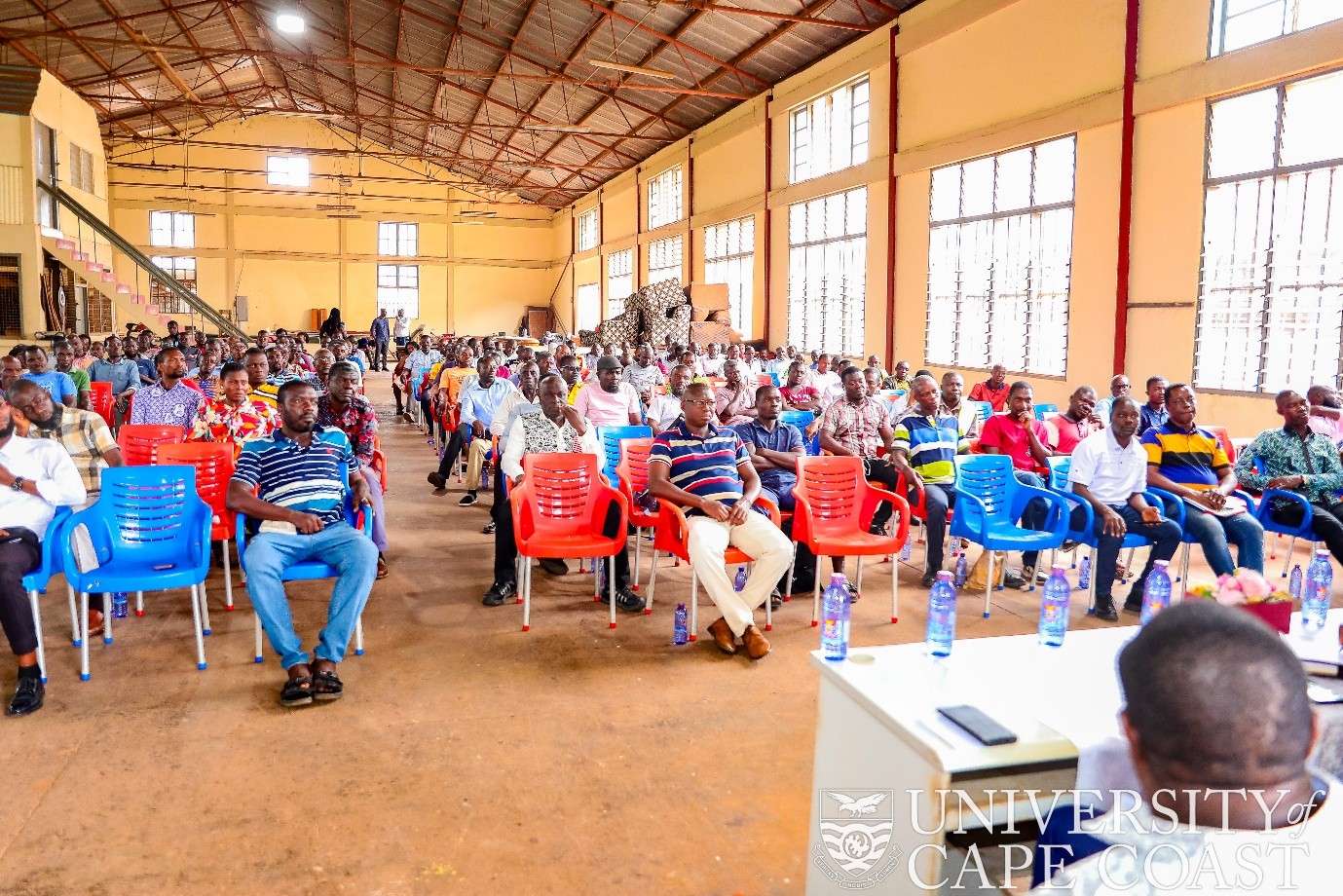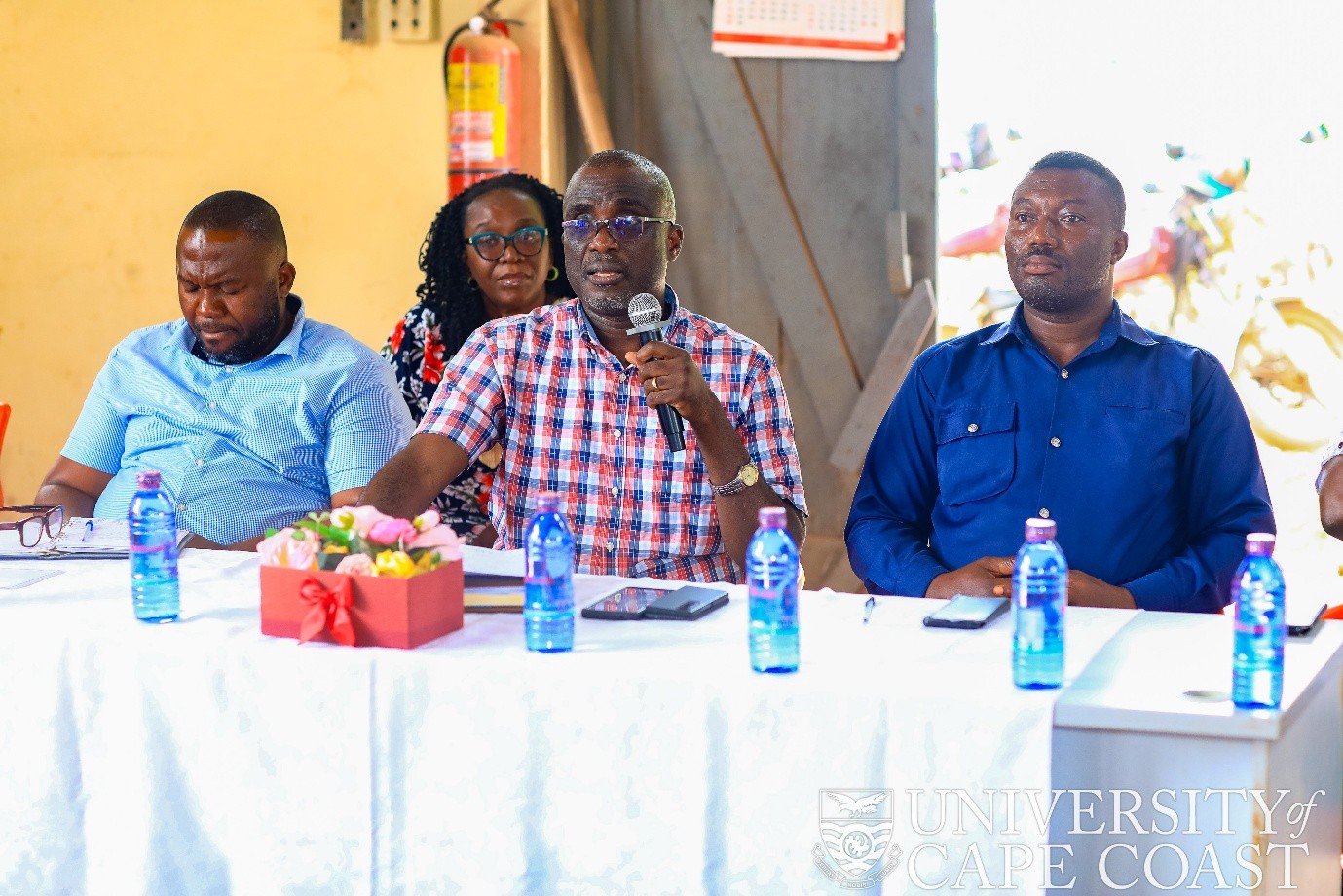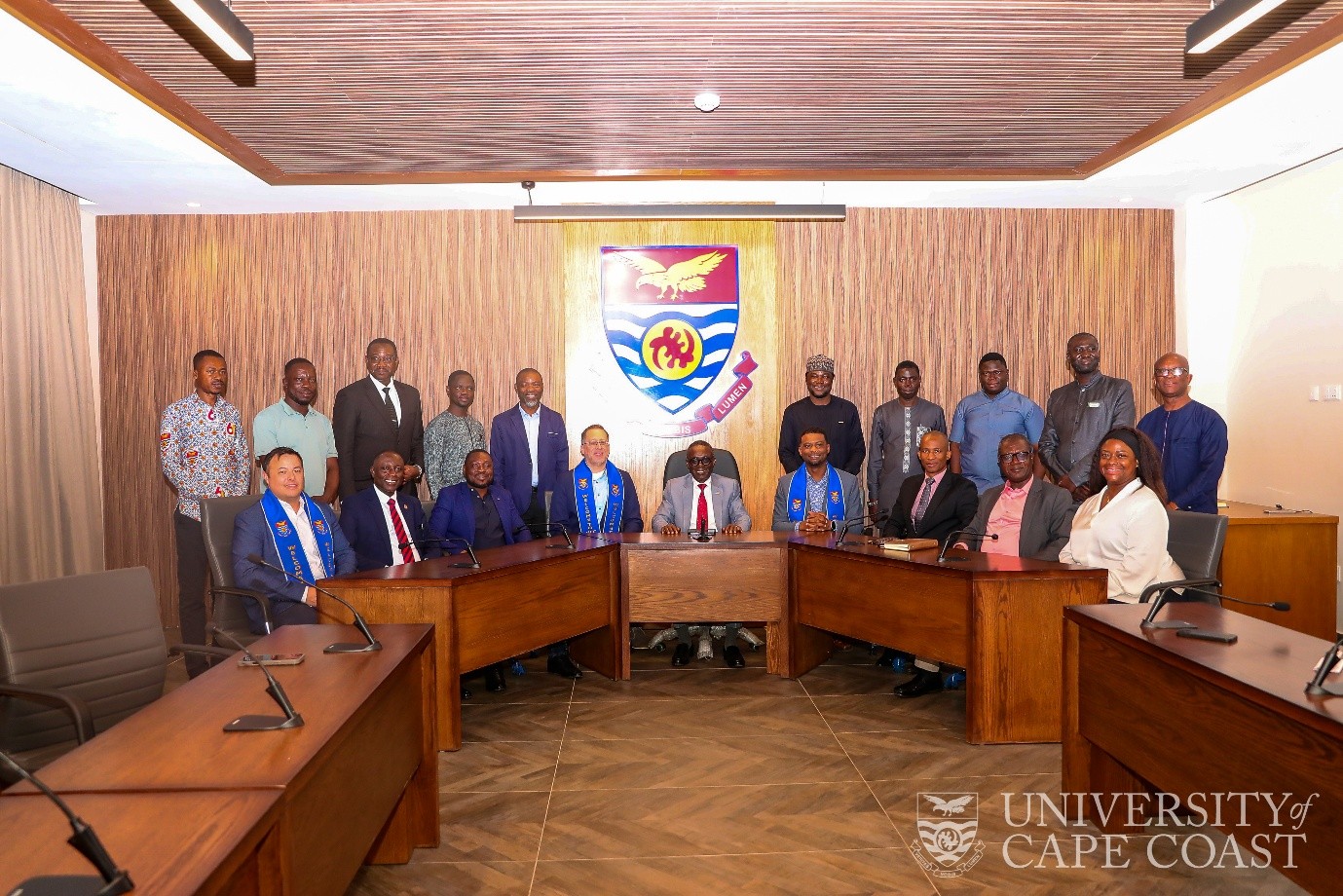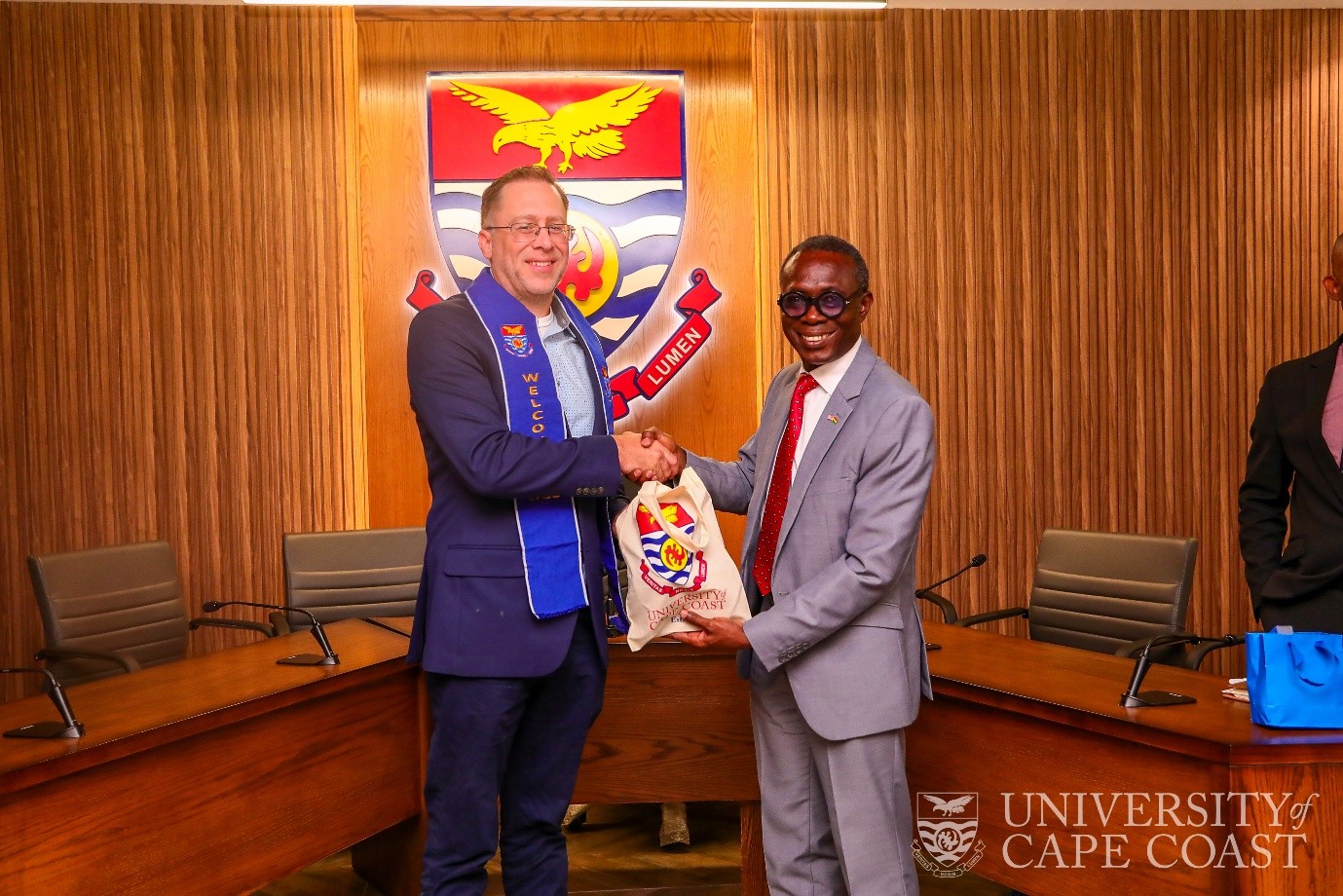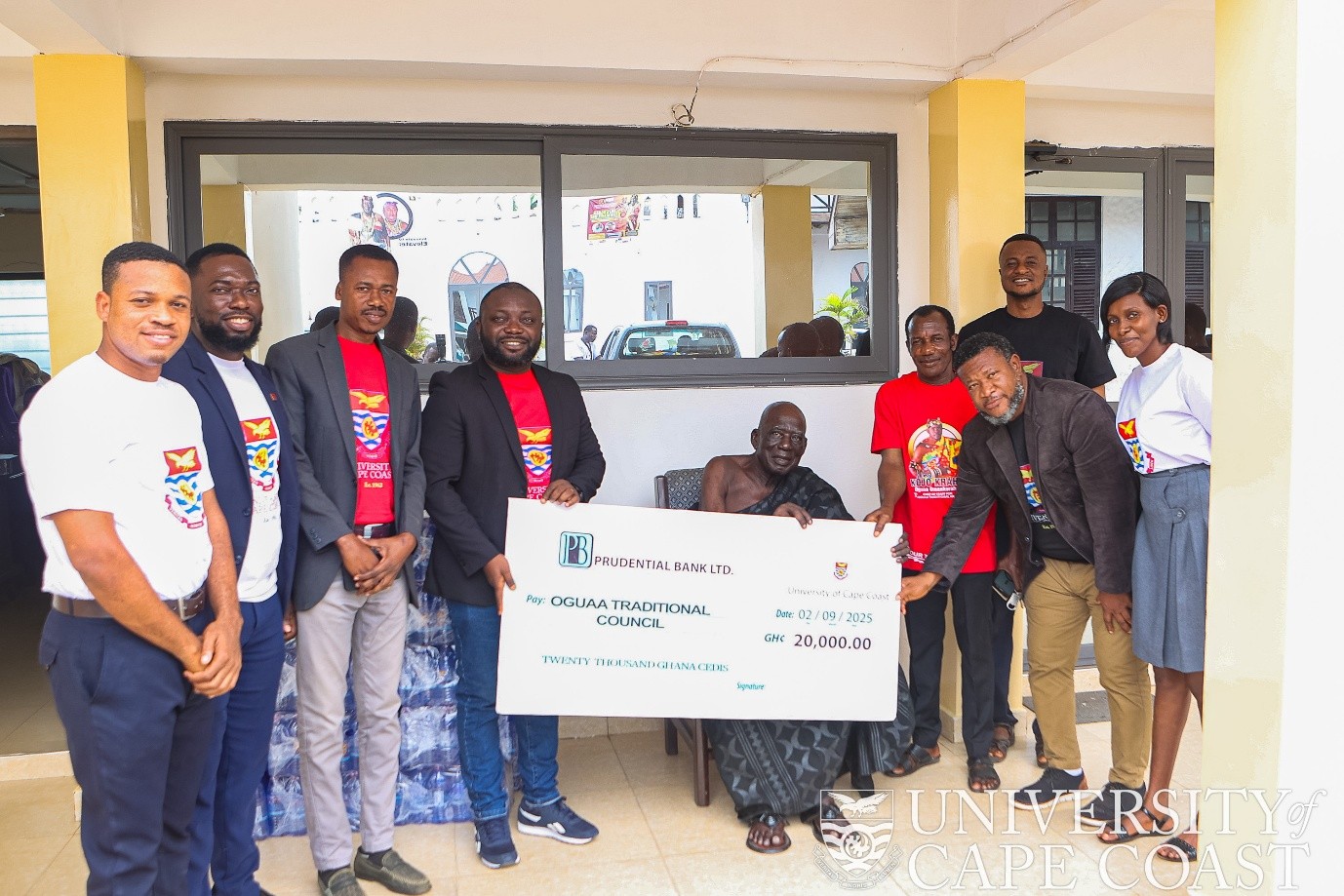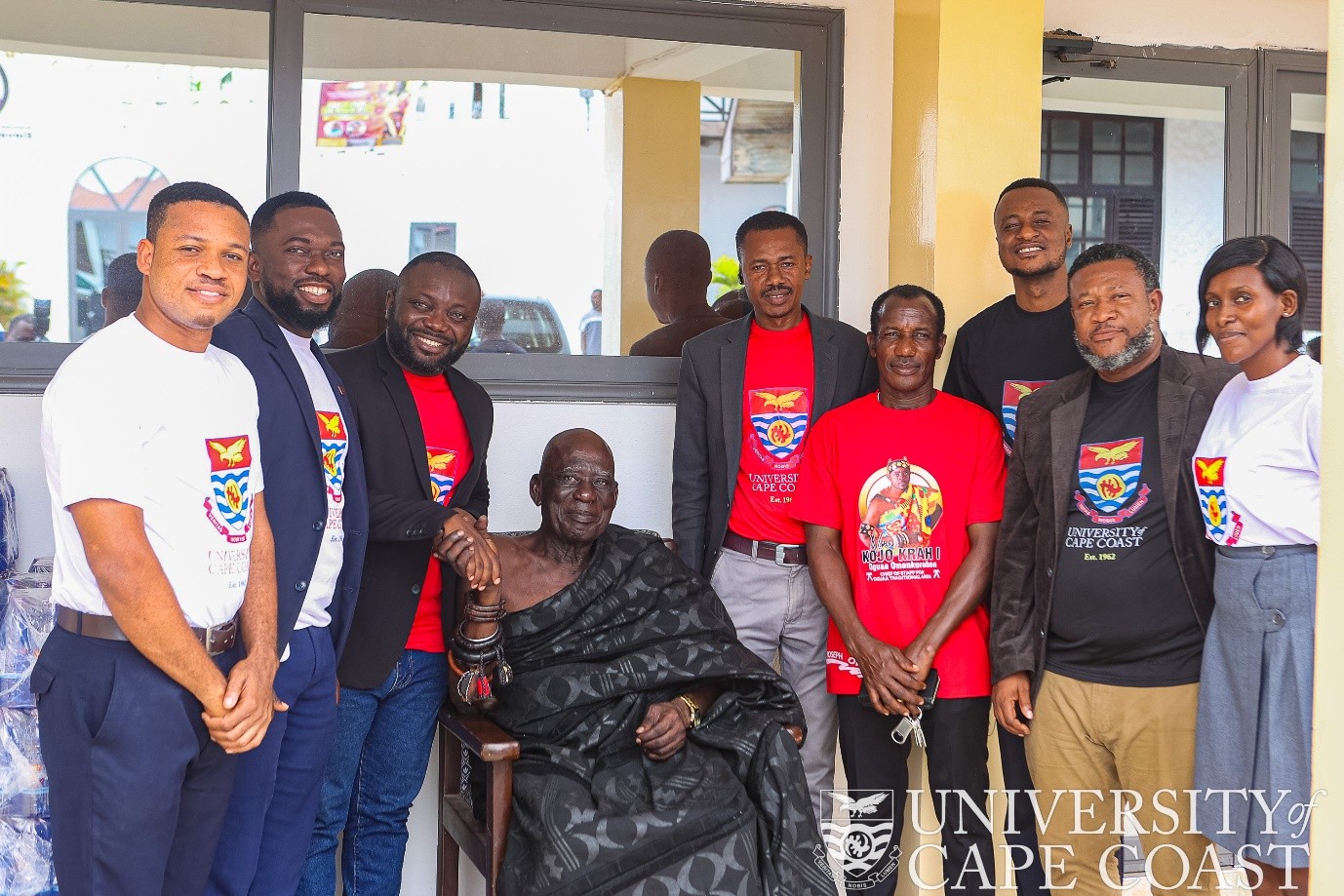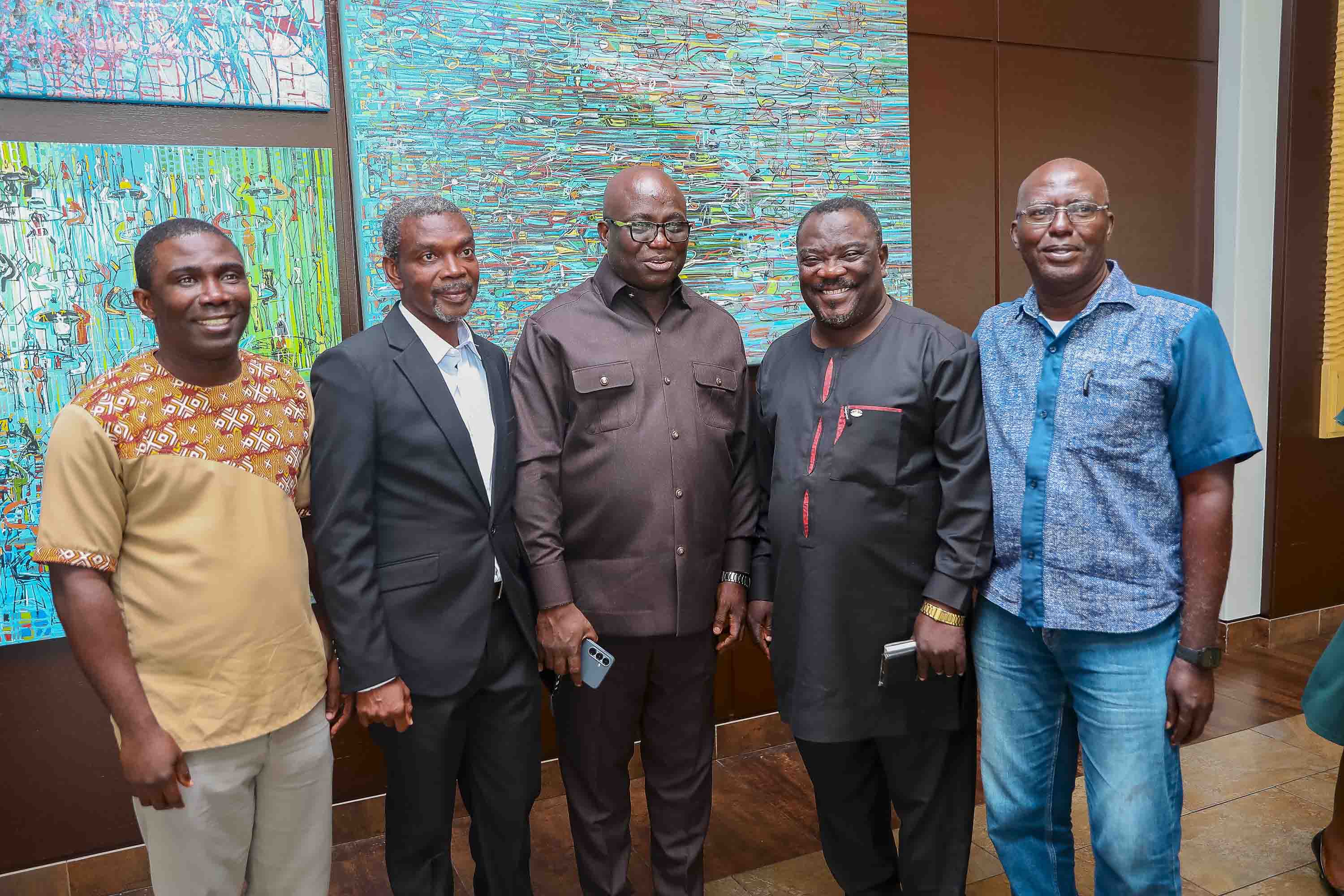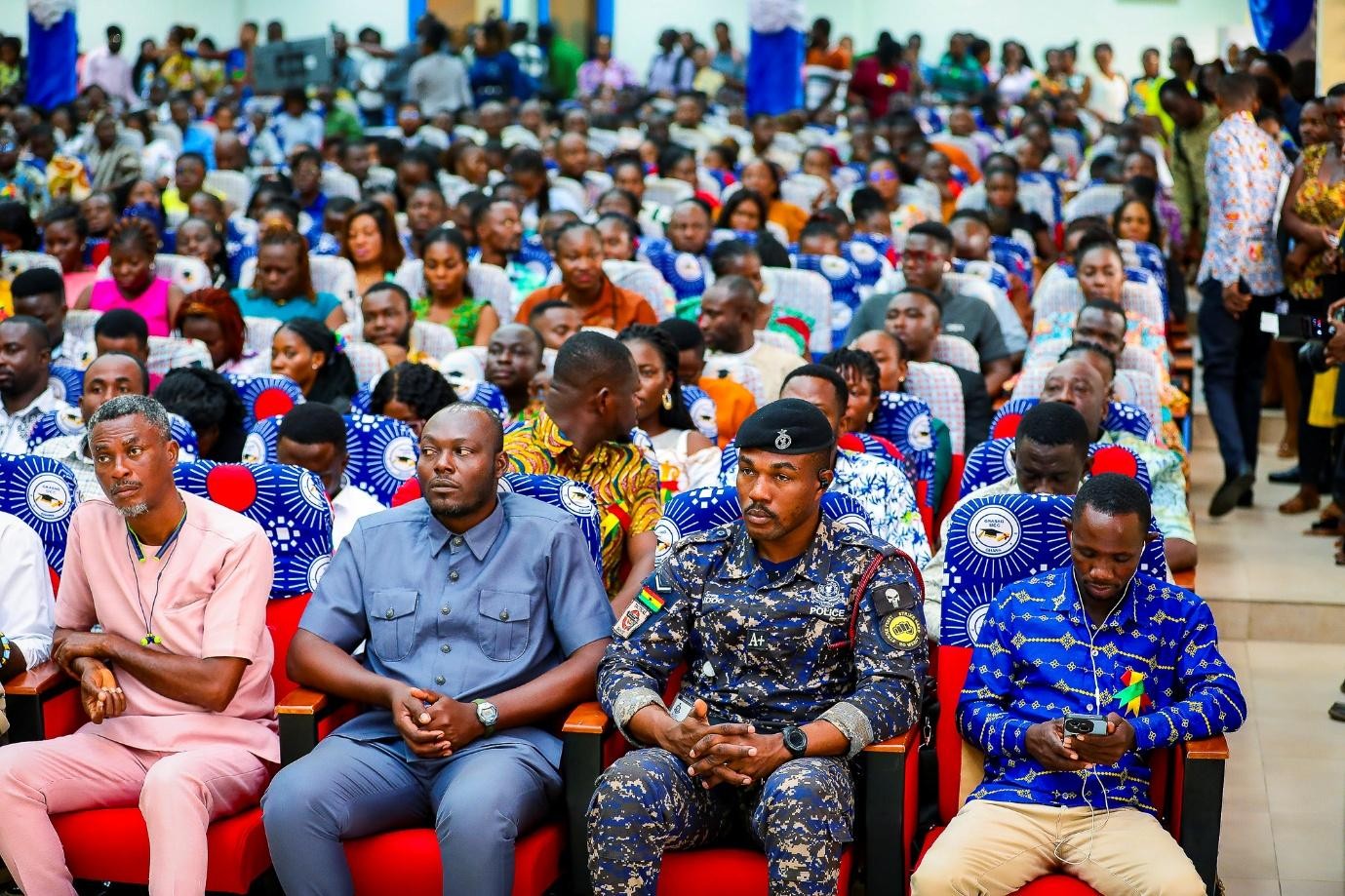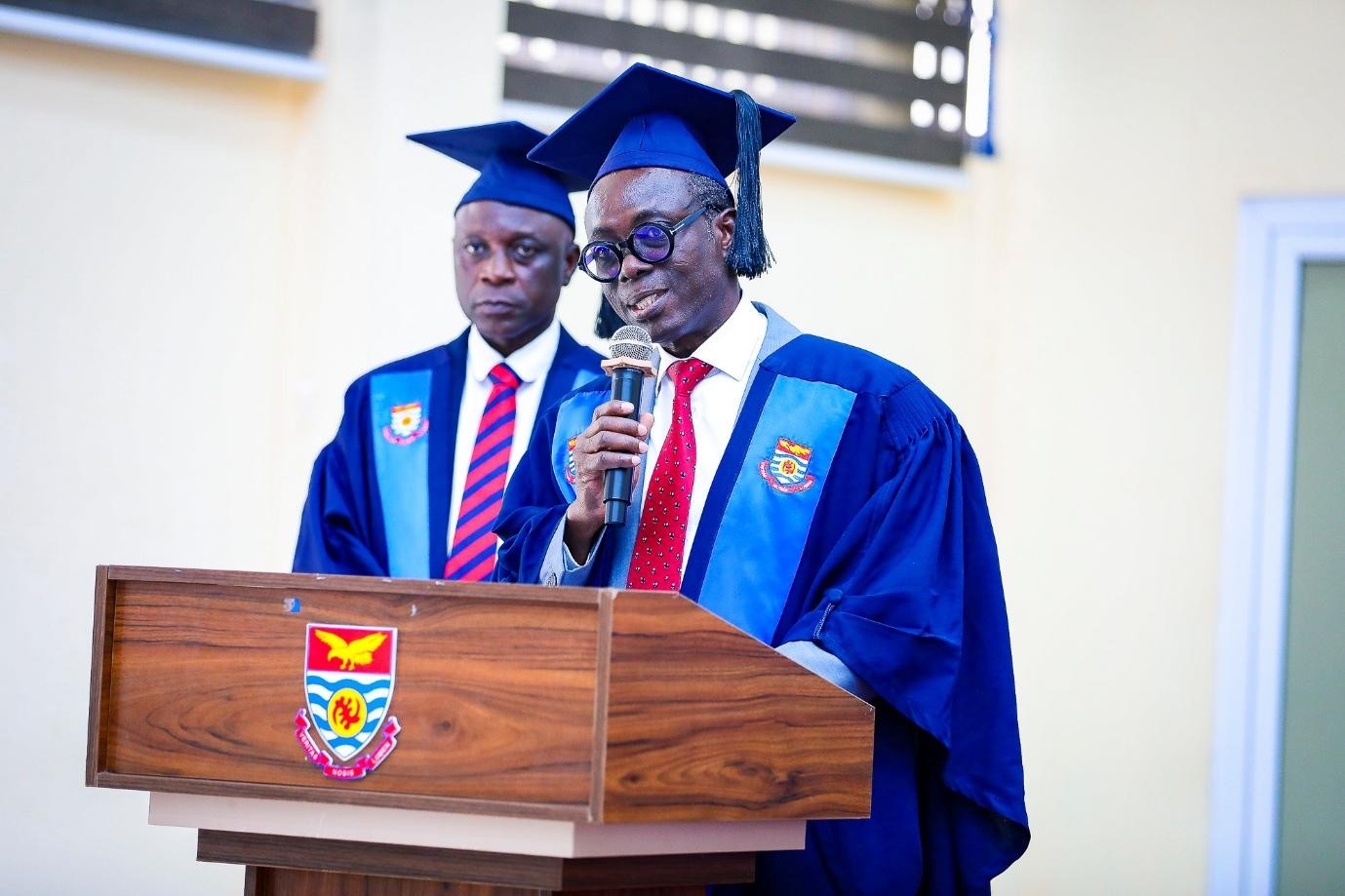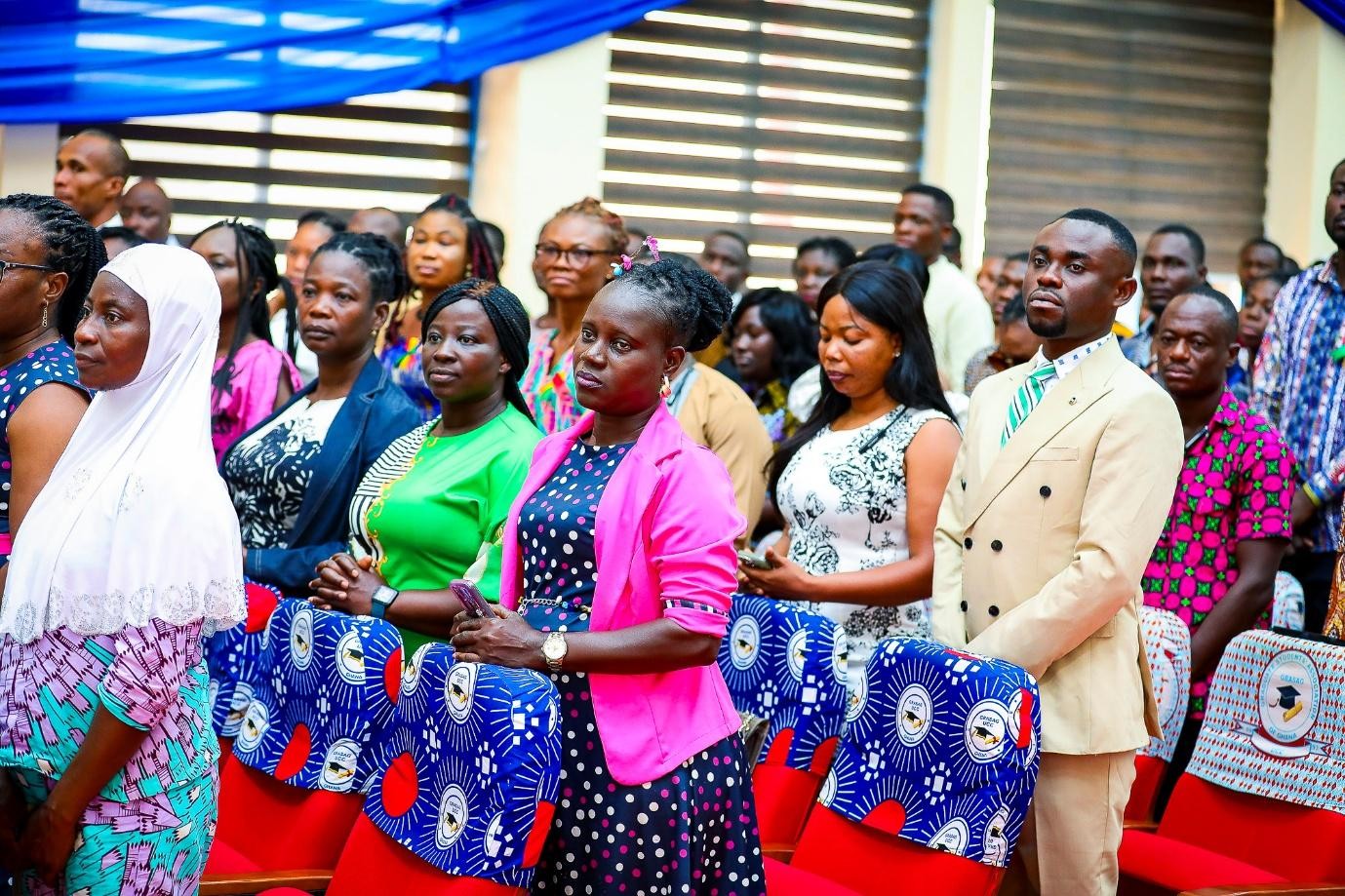VACANCY ADVERTISEMENT - SCHOOL OF BUSINESS (LECTURESHIP POSITION)
Applications are invited from suitably qualified candidates to take up appointments in the Centre for Entrepreneurship and Small Enterprise Development, School of Business, University of Cape Coast, Ghana, in the following areas:
· Graphic Design
· Fine Arts
· Multimedia
· Commercial Art
· Publishing
· Communication Design/Digital Entrepreneurship
· International Business
· International Trade/International Entrepreneurship
Ranks
i. Lecturer
ii. Senior Lecturer
iii. Associate Professor
iv. Professor
1.0 Lecturer
The candidate must:
· Possess a PhD with specialisation in one or more of the fields of study listed above or a closely related academic area;
· Have some professional experience in the specific area;
· Have demonstrated potential and interest to conduct research and to excel in teaching; and
· Have a commitment to excellent teaching at the graduate and undergraduate levels.
2.0 Senior Lecturer
The candidate must:
· Possess a PhD qualification in the relevant field of specialisation
· Have served for a minimum of four (4) years as a Lecturer in a University or analogous institution.
· Have a minimum of five (5) refereed publications in his/her area of specialization for the rank of Senior Lecturer.
3.0 Associate Professor
The candidate must:
· Satisfy the academic qualifications specified for Senior Lecturer
Have at least seven (7) refereed publications in his/her area of specialisation since his/her last appointment as Senior Lecturer.
· Have taught for a minimum of four (4) years in a university or analogous institution as a Senior Lecturer.
4.0 Professor
The candidate must:
· Satisfy the academic qualification specific for Associate Professor
· Possess a PhD qualification in the relevant field of specialization
· Have taught for a minimum of two (2) years as Associate Professor or have considerable number of years of teaching/research experience in a university or analogous institution.
· Have at least eight (8) refereed publications in his/her area of specialisation since his/her last appointment as an Associate Professor or must have a total of twenty (20) refereed publications since appointment as Senior Lecturer. In all cases, the publications should be passed by external assessors.
The appointment of professorial rank shall be by tenure.
Applicants are expected to show evidence of a commitment to: (a) equity, diversity, inclusion, and the promotion of a respectful and collegial learning and working environment; and (b) advancement of research and scholarship, and willingness to learn new approaches and techniques of teaching and researching.
Mode of Application
Interested applicants who meet the above criteria should please submit completed application forms (obtainable from the DHR or from the University website: www.ucc.edu.gh) and comprehensive curriculum vitae, together with relevant supporting documents to:
The Registrar
University of Cape Coast
Cape Coast
Applicants should request three (3) referees to submit written reports on them directly to the above address.
Closing Date
The closing date for the receipt of applications is 24th October, 2025.
REGISTRAR

